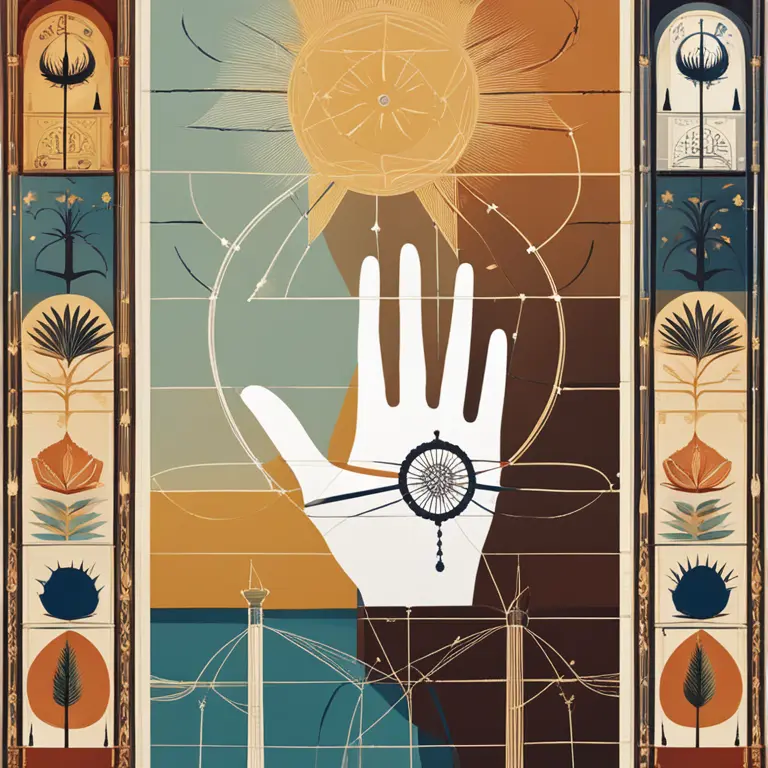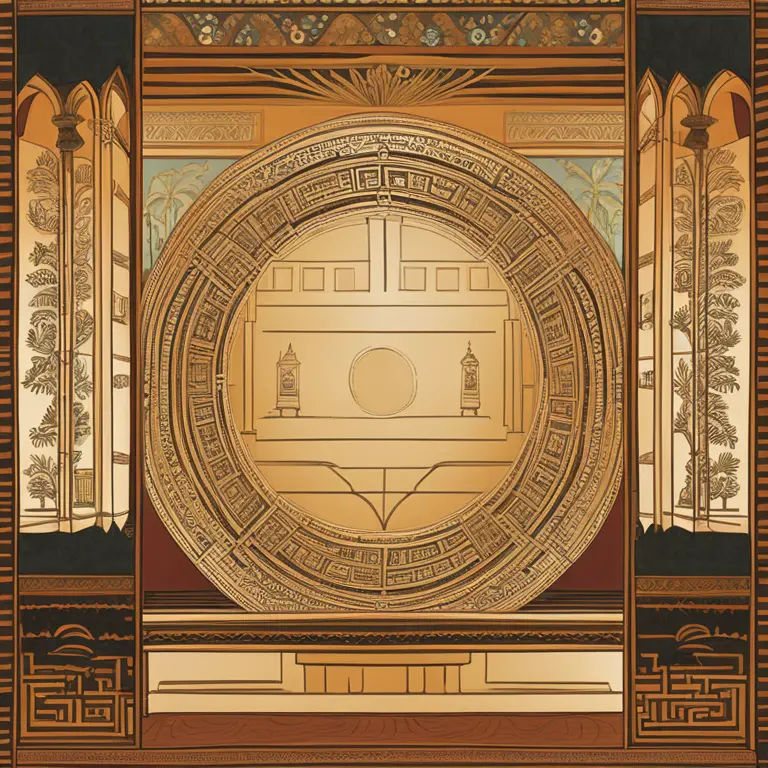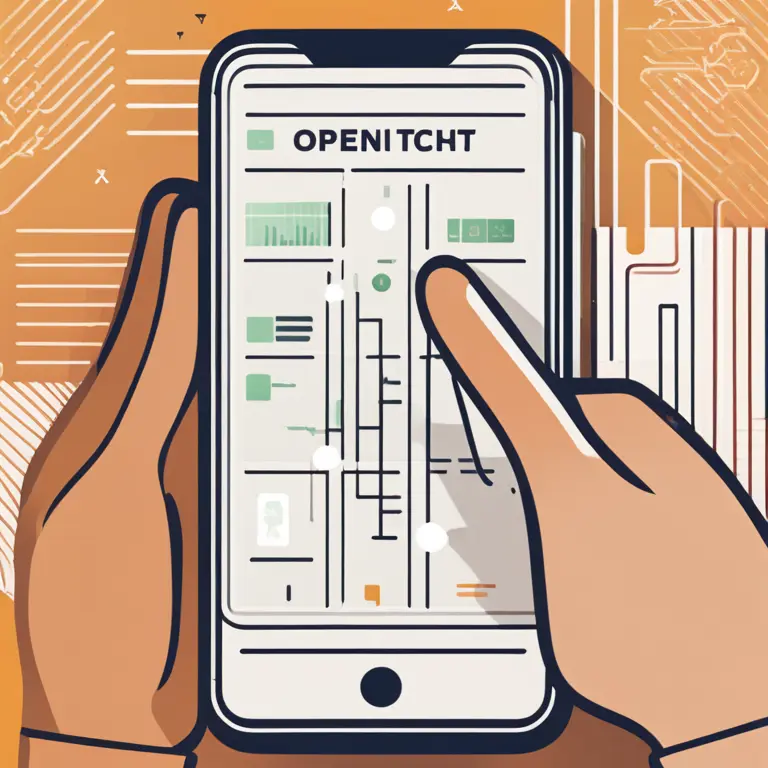
The Ancient Roots of Palmistry: A Historical Overview
Delve into the roots of palmistry and discover its journey from ancient practices to modern fascination.
article by Nora Pennington
The Dawn of Palmistry
The art of palmistry, or chiromancy, is believed to have originated over 5,000 years ago, with roots in several ancient civilizations. Historians trace its early practice back to India, from where it spread to China, Tibet, Persia, Egypt, and Greece. The earliest recorded evidence of palmistry comes from Vedic texts and Chinese I Ching tracts. These civilizations valued the mystical and saw the human hand as a microcosm of the universe, containing secrets to an individual's fate, personality, and life path. Influential figures like Aristotle also observed and documented the significance of hand features, with his work laying the foundation for subsequent philosophies in the Hellenistic period.

Integration into Western Traditions
From the East, palmistry migrated to Western culture, gaining prominence in the Middle Ages. It was during this era that the practice faced tumultuous acceptance, often associated with witchcraft and subsequently denounced or forced underground. However, its utility in understanding human nature allowed it to survive. Through the Renaissance, interest in divination and humanism brought palmistry, along with other occult practices, back into scholarly conversations and the upper echelons of society, reviving its standing in European culture and ensuring its practice would continue through modern times.

Palmistry in the Modern Era
The 19th and 20th centuries marked a significant period for palmistry when individuals such as Cheiro (William John Warner) brought about a resurgence in its popularity, intertwining chiromantic methods with astrology. This period was crucial in differentiating palmistry as a credible form of character analysis rather than just a mystical prediction of the future. Now, in the 21st century, and certainly as we move into 2024 and beyond, palmistry is experiencing another wave of interest, propelled by the internet and digital content that make the information more accessible than ever before.

Scientific Perspectives and Public Opinion
Today, while skeptics still regard palmistry as a pseudoscience, the practice has taken on a more psychological approach, with practitioners focusing on its introspective aspects. This evolution aligns with a contemporary understanding of palmistry that transcends fortune-telling, looking instead to provide insight into one's character, strengths, and potential life course. This shift has been pivotal in enabling palmistry to capture the curiosity of a broader audience, particularly those interested in personal development and self-awareness.

The Digital Revolution and Palmistry
Technology has undeniably changed the face of ancient practices like palmistry, introducing apps, online readings, and interactive platforms. This fusion of the old with the new ensures that palmistry remains relevant and continues to evolve. Privacy concerns and data integrity are vital issues that modern palmists must navigate, assuring patrons of confidentiality in their quest for self-discovery. The digital era also offers unparalleled opportunities for learning, with online courses and databases expanding the reach of palmistry education to diverse, global audiences.
Palmistry's Ongoing Legacy
The journey of palmistry is one of resilience and adaptation. Ever since its inception, this mystical art has inspired, intrigued, and guided countless individuals. Its persistence through centuries signifies an intrinsic human desire to seek answers within, a notion equally valid as we look forward to the years beyond 2024. The continuous interplay between the past, present, and future of palmistry ensures that its legacy remains alive and thriving, ready to be rediscovered by each new generation.
Published: 1/11/2024
Modified: 1/12/2024
More predictions
Come back here soon to learn more about yourself and your future


Can Palmistry Predict Your Path Incorrectly?
Delving into the accuracy of palm readings, this article examines whether palmistry can lead to incorrect predictions about one's life and destiny.


The Efficacy of Palmistry: Real Insight or Fancy?
Delve into the validity of palmistry as a form of divination. Is there a truth behind the lines on our palms, or is it just a charming fancy?


The Ancient Art of Vedic Palmistry
Discover the ancient art of Vedic Palmistry and its practice in the modern era, revealing the secrets held within the lines of the hand.